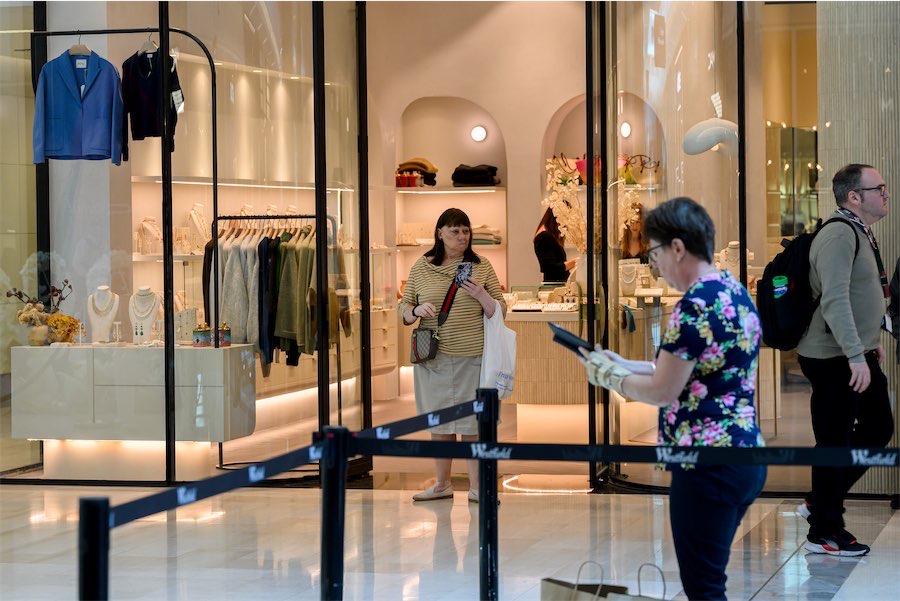ALMOST 1400 objects have been confiscated since international flights started in Canberra last year, including some strange items which include a painted coconut face, large mushrooms and a pine cone kiwi bird wearing a Santa hat.

Head of biosecurity at the Department of Agriculture and Water Resources, Lyn O’Connell calls on travellers to play their part in protecting the nation from these risks.
“Our biosecurity work at Canberra Airport ensures that international passengers are not bringing in risk items that could be harbouring harmful pests or diseases present in other countries,” Ms O’Connell says.
“Pests and diseases that are not present in Australia could seriously impact our unique environment, agriculture industries and our plant, animal and human health status.”
Ms O’Connell uses an example of the apple industry saying if passengers bring in an apple it could carry pests like fruit fly, which could seriously damage our $556 million apple industry and more broadly our horticulture industry that is worth more than $9 billion.
“Biosecurity pests such as fruit fly can affect a range of produce, could reduce market access and profits for our farmers and increase their production costs,” she says.
It has been estimated that Australia’s biosecurity system saves the average farmer up to $17,500 per year, through avoiding costs and losses associated with biosecurity incursions.
“The arrival of international flights means maintaining biosecurity vigilance is increasingly important for Canberra, as the capital is exposed to a range of potentially new risks.
“All of these items are a biosecurity risk because they could be carrying harmful plant pests and diseases that have the potential to adversely affect our plant health and environment.”
International passengers travelling to Canberra are required to declare any items containing certain food, plant (including wood) and animal material on the incoming passenger card.
A failure to declare biosecurity items can lead to infringement penalties and serious prosecution.
In 2015-16, the department screened 4.1 million passengers at Australian international airports, intercepting 270,000 biosecurity risk items and issuing 3700 Quarantine Infringement Notices to passengers.
Further information via agriculture.gov.au/travelling
Who can be trusted?
In a world of spin and confusion, there’s never been a more important time to support independent journalism in Canberra.
If you trust our work online and want to enforce the power of independent voices, I invite you to make a small contribution.
Every dollar of support is invested back into our journalism to help keep citynews.com.au strong and free.
Thank you,
Ian Meikle, editor




Leave a Reply